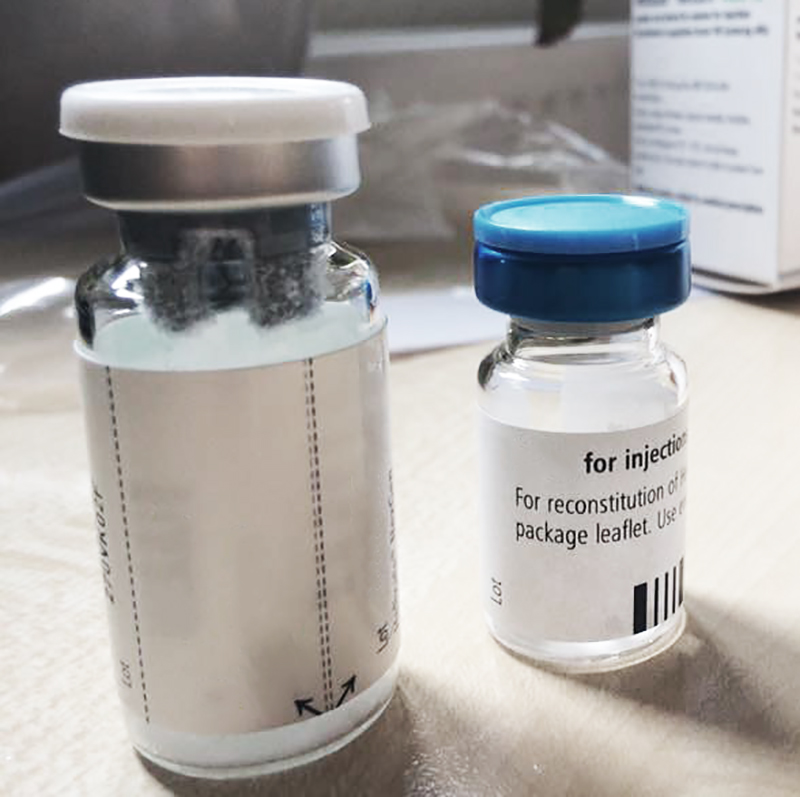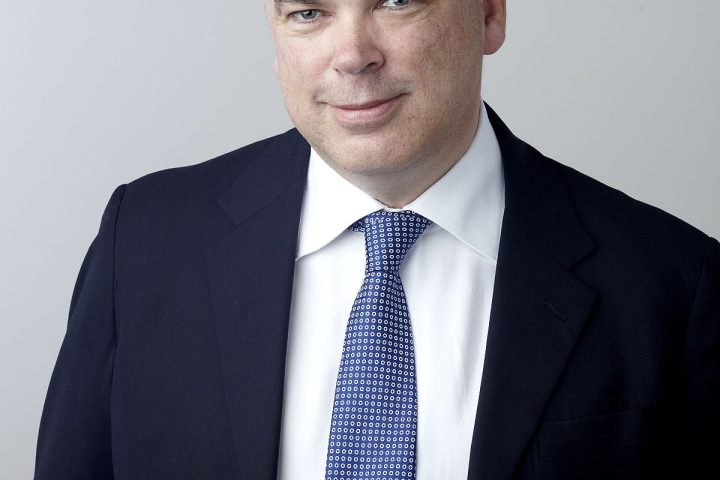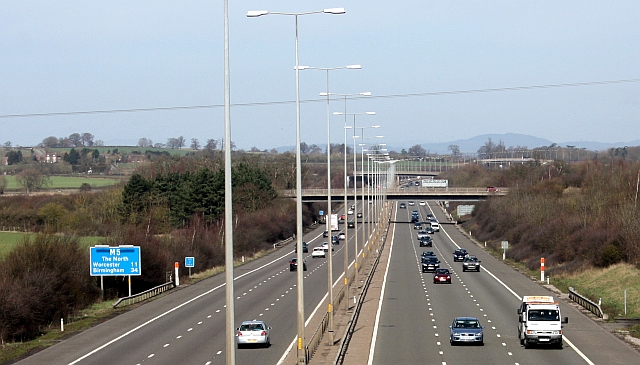The government has released its report on the infected blood scandal, announcing that it will pass legislation later this month and aims to provide compensation to victims by the end of the year. The scandal, which involved thousands being given infected blood products, led to numerous infections and deaths, with an estimated 30,000 people contracting HIV, hepatitis C, or hepatitis B, and over 3,000 fatalities, according to The Hepatitis C Trust.
A review initiated by the previous government and completed in May labelled the scandal as an “unprecedented systematic failing.” Payments of £100,000 were made in October 2022, followed by £210,000 in June 2024. Following an independent review led by Sir Robert Francis KC, the government announced a compensation scheme with five different categories of compensation.
Former Prime Minister Rishi Sunak called the scandal a “day of shame” and committed to starting payments this year. Legislation will be enacted later this month, with compensation distributed in two phases: one by the end of this year and the other in 2025.
Paymaster General Nick Thomas-Symonds highlighted the importance of this milestone for victims and campaigners who have long awaited justice. Individual payments of £10,000 will be made to those subjected to “unethical research,” with a higher award of £15,000 for children affected by such research at Lord Mayor’s Treloar’s College in the 1980s.
The government has not yet determined the total cost but has indicated that more than £1 billion has already been distributed. The exact figure will be outlined in the Budget. Thomas-Symonds emphasized that while compensation cannot fully rectify the harm done, it will significantly impact the lives of many.
Richard Warwick, infected during trials at Treloar’s school, criticized the £15,000 offer as “derisory and insulting.” Warwick, who received blood products for haemophilia and contracted HIV and hepatitis B, described the compensation as inadequate given the severity of the scandal.
Campaigners have broadly welcomed the government’s announcement but argue that it is too late for many victims. About 3,000 individuals have died since the scandal came to light. The compensation amounts will vary based on individual circumstances, with potential payouts reaching up to £2 million for some.
Compensation will be assessed based on five criteria: harm caused, social impact from stigma and isolation, impact on autonomy and private life, care costs, and financial loss. The government has committed to implementing these recommendations and ensuring that the compensation process is handled as swiftly as possible.
The compensation scheme was announced in May following the public inquiry report. Despite concerns about delays due to the election, the government is proceeding with payments. The first round of compensation will be directed towards those who were infected, with a separate scheme for family members and loved ones to begin next year.
Sir Robert Francis, interim chair of the new Infected Blood Compensation Authority, reviewed and supported the recommendations, including additional payments for those subjected to unethical research. While there is some confusion about the details of the scheme, campaigners view the move as a positive step towards addressing the long-standing injustice.






